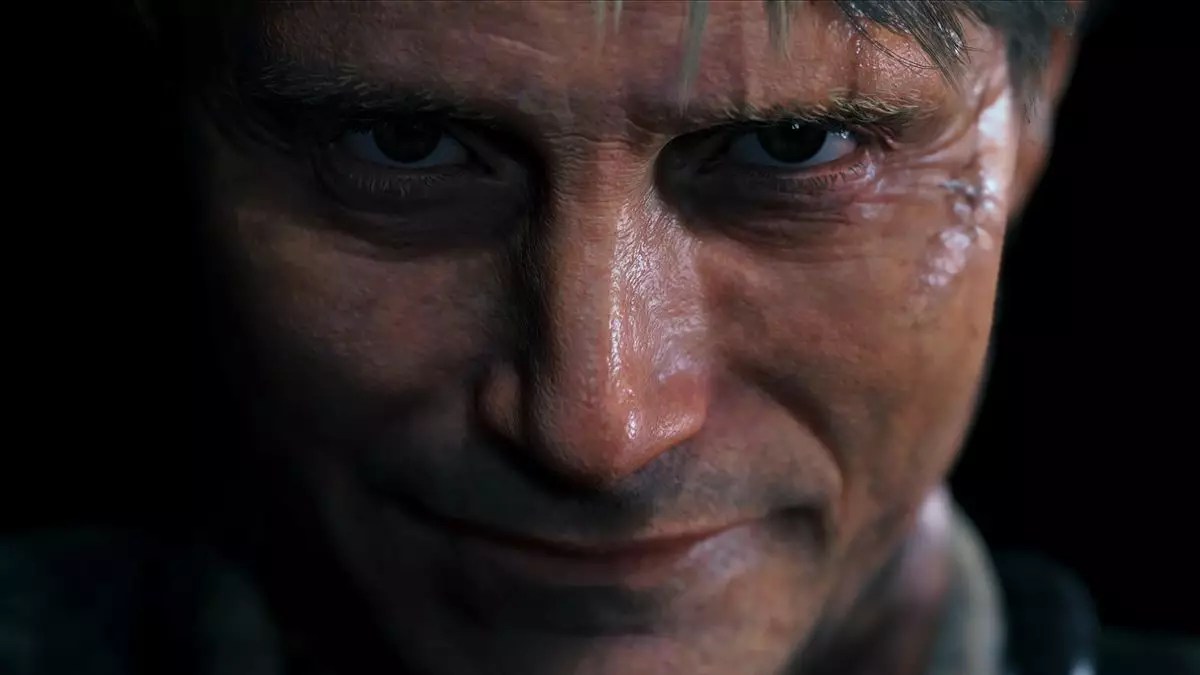Hideo Kojima is a titan in the realm of video game development, renowned for his ability to weave narrative-rich experiences that transcend traditional gaming. His impressive portfolio includes recognizable titles such as Metal Gear Solid and Death Stranding, both of which have garnered accolades not only for their gameplay mechanics but for their storytelling, immersing players in thick narratives reminiscent of cinematic experiences. This unique stylistic approach has led many to draw parallels between Kojima’s games and films, attributing to him a pioneering spirit in the video game industry.
Kojima himself acknowledges the profound influence that cinema has had on his work. In various interviews, including one notable conversation dating back to 1999, he coined the term “cinema DNA” to describe the blend of cinematic elements that enhances his game design. This concept is grounded in the experiences of a generation that grew up watching films, inherent in their creative expressions. For Kojima, the crafting of a game plot is as critical as composing a screenplay, and the visuals serve not merely as functional graphics but as elements contributing to storytelling aesthetics.
The notion of “cinema DNA” elucidates how the conscious and unconscious absorption of cinematic techniques has shaped contemporary game development. Kojima articulates how his formative years were steeped in the language of film, which inevitably colored his creative output. From “cool” factors to lighting and composition, these artistic choices seamlessly blend into his gaming narratives. He notes that while his work is shaped by these cinematic influences, it still carries an originality unique to video games as a medium.
As he reflects on how his generation has absorbed these influences, concerns arise regarding the current wave of game developers. Kojima voices a worry that younger creators, having been largely exposed to video games as their primary form of entertainment, might lack the diverse artistic influences that films and other media can bring to their creative processes. This reflection underscores the importance of varied exposure in nurturing a rich and innovative gaming culture that can evolve and redefine itself continuously.
Despite being three decades past his initial observations, Kojima’s insights about cinematic influences remain pertinent. As video games evolve rapidly with advanced technology and storytelling techniques, the challenge lies in maintaining the delicate balance between innovation in gameplay and a profound narrative depth, much like the conclusions drawn from scripting a film.
Cross-Media Collaborations and Future Endeavors
Looking forward, Kojima remains a trailblazer in cross-media collaborations, as evidenced by his upcoming project OD, a daring venture that pairs him with comedian and filmmaker Jordan Peele. This undertaking signifies a noteworthy shift towards integrating diverse artistic perspectives, showcasing how Kojima continues to push the boundaries of gaming experiences by drawing from the expertise of filmmakers.
Furthermore, the anticipation surrounding the adaptation of Death Stranding into a film echoes the potential for synergy between gaming and cinema. As game narratives increasingly find themselves suited for screen adaptations, the industry may witness an era where gaming stories acquire broader recognition through cinematic vehicles, ultimately validating their significance as a legitimate form of storytelling.
Hideo Kojima’s amalgamation of cinematic elements into game design is a testament to his innovative vision, which has lasted beyond the initial phases of his career. The notion of “cinema DNA” encapsulates the artistic lineage that defines not only Kojima’s creativity but also foreshadows future trends in the gaming world. As the industry continues to evolve, blending multimedia art forms may become more commonplace, encouraging emerging creators to draw from various inspirations.
In a landscape where video games are poised to become more narrative-driven and film-like, Kojima’s earlier insights regarding the significance of outside influences ring true. His ability to fuse various forms of media while maintaining a distinct gaming identity showcases the potential for video games to redefine storytelling in contemporary art. As we look to the horizon of gaming innovation, the expertise of creators like Kojima will undoubtedly influence the next generation of game developers, ensuring that the fusion of cinematic storytelling and interactive gameplay remains a compelling narrative for years to come.


Leave a Reply